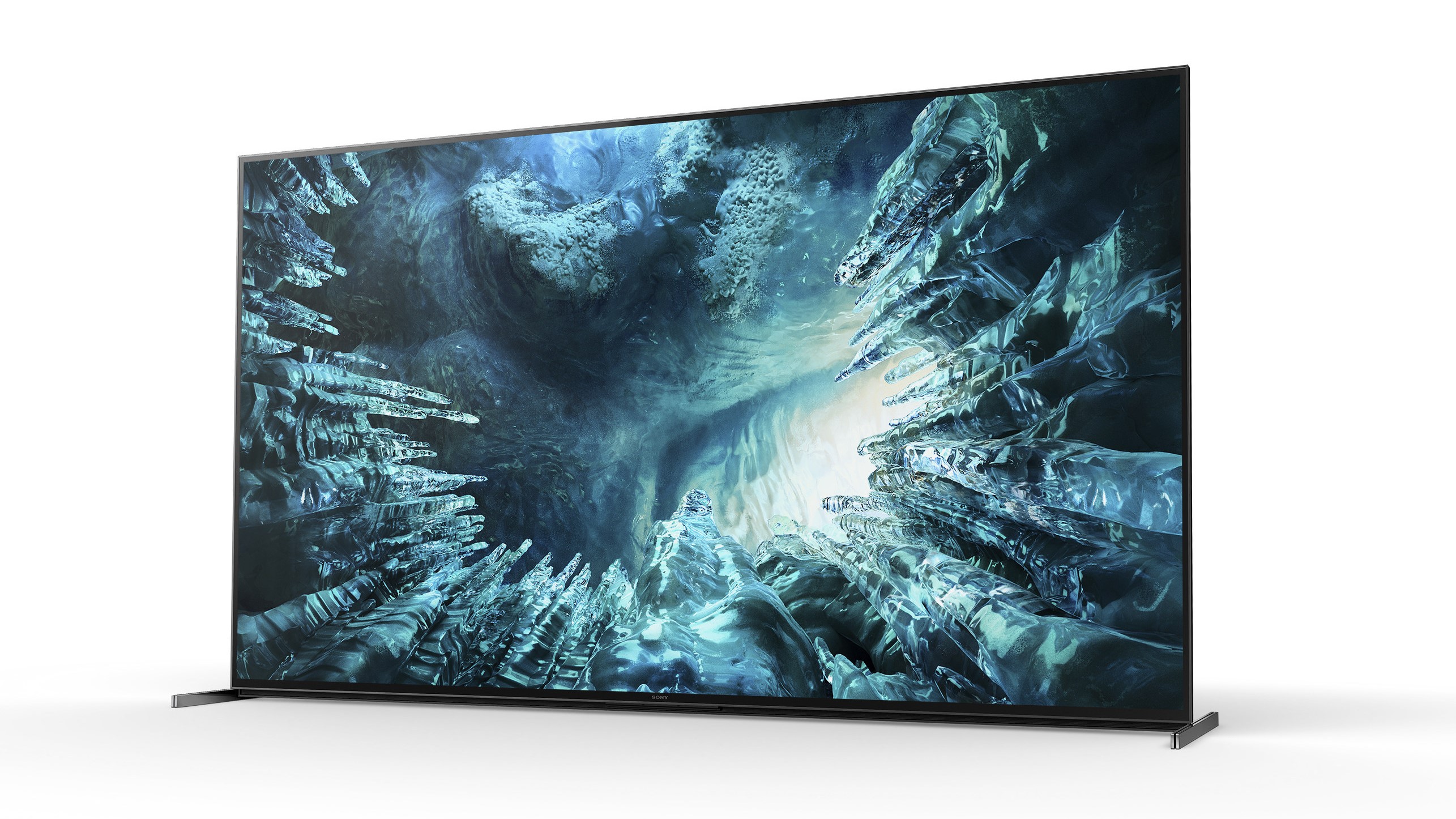Sony announces first batch of PS5-ready TVs

Sign up for breaking news, reviews, opinion, top tech deals, and more.
You are now subscribed
Your newsletter sign-up was successful
If you’ve got your eye on a new TV ahead of the launch of the PS5, Sony has just made your search a whole lot easier with its new “Ready for PS5” series of smart TVs.
Among the first TVs to be included in the program are the Sony X900H/XH90 4K HDR and Z8H/ZH8 8K HDR Full Array LED TV, unveiled earlier this year at CES, that Sony says will feature ultra-low latency Game Modes that deliver 4K visuals at 120 fps.
Beyond being lower latency than the competition, Sony says that TVs part of the Ready for PS5 program can be woken up with the PS5 DualSense gamepad and the TV’s remote can be used to control the console.
The good news here is that the X900H (called the XH9005 if you're in the UK) is actually somewhat affordable at $999/£1,299, making it a feasible companion for the console. Considering that the Sony Z8H (ZH8 in the UK) starts at $5,999/£5,999... that TV is probably outside of the reach of most folks picking up a $500 console.
- AMD promises its PS5, Xbox Series X and Zen 3 chips won’t be delayed
- Gamers found a way to bring Halo Infinite to PS5... sort of
- PS5 vs Xbox Series X: everything we know so far
Wait… aren’t all TVs Ready for PS5?
The short answer here is that, yeah, all TVs will be PS5 compatible - and most modern TVs will have game modes with low latency.
The longer answer here – and the difference that Sony wants to highlight – are that the TVs in its 2020 lineup that come equipped with HDMI 2.1 ports that support 4K/120Hz and can cross-talk between the upcoming console and Sony TVs.
You'll be able to find HDMI 2.1 on a number of screens this year – including some from Samsung, LG, Panasonic and others – however, so keep an eye out for them if you're not on board with spending $5,999/£5,999 on that flagship Sony screen.
Sign up for breaking news, reviews, opinion, top tech deals, and more.
- Can't decide which TV to buy? Don't miss our guide to the best TVs

Nick Pino is Managing Editor, TV and AV for TechRadar's sister site, Tom's Guide. Previously, he was the Senior Editor of Home Entertainment at TechRadar, covering TVs, headphones, speakers, video games, VR and streaming devices. He's also written for GamesRadar+, Official Xbox Magazine, PC Gamer and other outlets over the last decade, and he has a degree in computer science he's not using if anyone wants it.